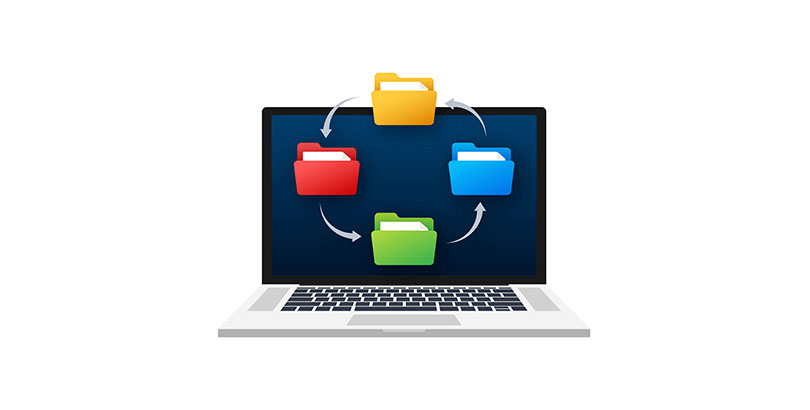
Introduction
Running a business in Kenya today means dealing with more than just products, sales, and customer service. Most of our business activities now happen online — from mobile payments to storing client details and even managing staff records. With this shift comes a new challenge: keeping business data safe.
Data breaches, cyber fraud, and careless handling of information can cripple a business. Customers expect that their personal details will be kept secure, and once trust is broken, it is very hard to win back. The good news is that you do not need expensive systems or complicated setups to protect your data. By taking simple but effective steps, Kenyan businesses can greatly reduce risks and keep both company and client information safe.
Why Data Protection Matters in Kenya
Before diving into the steps, it’s important to understand why data security is now a priority.
I. Rising cases of cybercrime
Kenya has become a hub for mobile money and digital transactions, and with that growth comes an increase in online fraud. Criminals target businesses of all sizes, not just big corporations.
II. Customer trust
Clients want to know that the information they share — whether it’s phone numbers, ID details, or payment information — is secure. Losing data means losing trust, and without trust, growth becomes nearly impossible.
III. Legal requirements
The Kenyan Data Protection Act requires businesses to handle data responsibly. Non-compliance can lead to fines and legal issues.
IV. Business continuity
Data is now at the heart of decision-making. Losing it due to poor security or system crashes can disrupt operations and cause major setbacks.
Simple Steps to Protect Your Business Data
I. Use strong and unique passwords
Weak passwords are the easiest entry point for cybercriminals. Each account used in your business should have a strong password that combines numbers, letters, and symbols. Avoid using the same password across multiple accounts.
II. Enable two-factor authentication
This adds an extra layer of protection beyond passwords. For instance, even if someone gets your password, they would still need a verification code sent to your phone or email to access the account.
III. Keep systems updated
Outdated software often has vulnerabilities that hackers exploit. Regularly update your operating systems, business apps, and antivirus software to close these gaps.
IV. Train your staff
Many data breaches happen because employees unknowingly click suspicious links or share sensitive information. Take time to educate your team on safe online practices, such as how to spot phishing emails.
V. Back up your data
Losing data to a cyberattack or system failure can be devastating. Regularly back up important files, either on secure cloud services or on offline storage. This ensures that you can recover quickly if something goes wrong.
VI. Limit access to sensitive information
Not every employee needs access to all company data. Restrict access based on roles to minimize the chances of internal leaks or mistakes.
VII. Secure your networks
If you use Wi-Fi in your business, ensure it is password-protected and encrypted. Avoid using public Wi-Fi for business activities, especially when handling payments or sensitive details.
VIII. Partner with trusted service providers
Whether you are using cloud storage, payment platforms, or third-party apps, choose providers that have strong security measures in place. Trusted platforms reduce the risk of breaches.
How Securing Data Supports Business Growth
Protecting your data is not just about avoiding losses — it also helps your business grow.
-
It strengthens customer confidence. Clients are more likely to transact online when they feel safe.
-
It saves money. Recovering from data breaches or fraud is often costly, so prevention is cheaper.
-
It ensures compliance. Staying within legal frameworks avoids penalties and boosts your brand reputation.
-
It gives you a competitive edge. Businesses that prioritize data security stand out as more professional and reliable.
Conclusion
In Kenya’s digital economy, protecting business data is no longer optional. Cyber threats are real, and customer trust depends on how seriously you take security. The steps are simple — strong passwords, two-factor authentication, regular backups, secure networks, and well-trained staff — but the impact is powerful.
Businesses that invest in data protection not only safeguard themselves from losses but also create an environment of confidence where customers feel safe to engage. That trust becomes the foundation for long-term growth.
At E-Startups Kenya, we help businesses adopt secure digital solutions that protect data while supporting everyday operations. Because in today’s world, keeping your business safe online is just as important as the products you sell.
👉 Ready to secure your business data? Let’s build a safer digital future together.



























